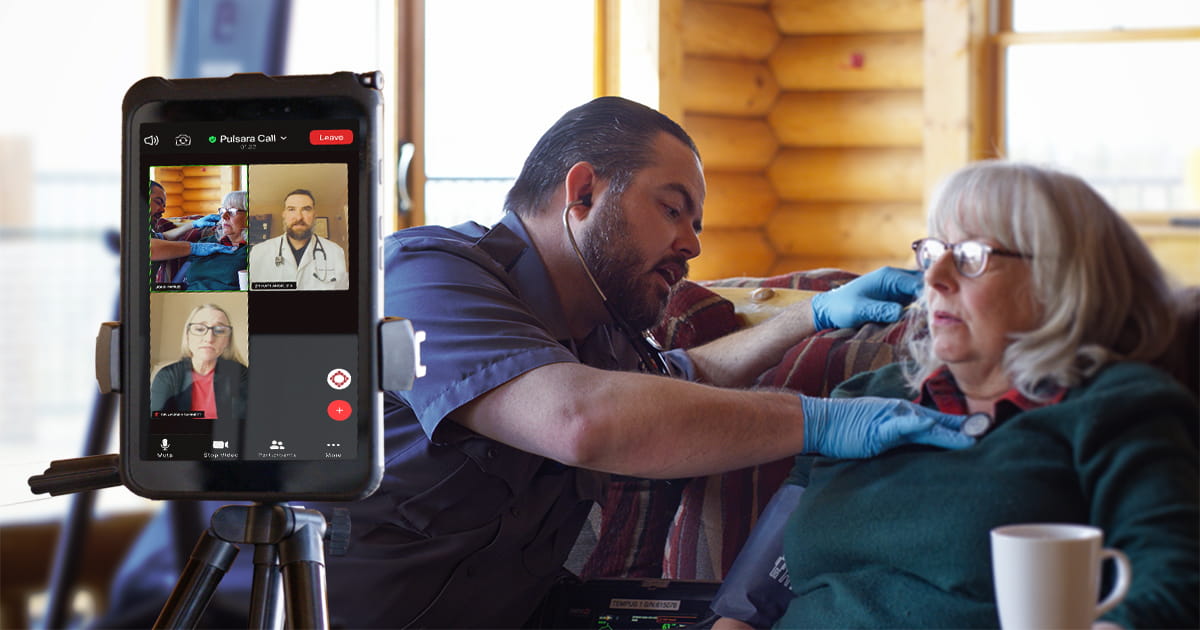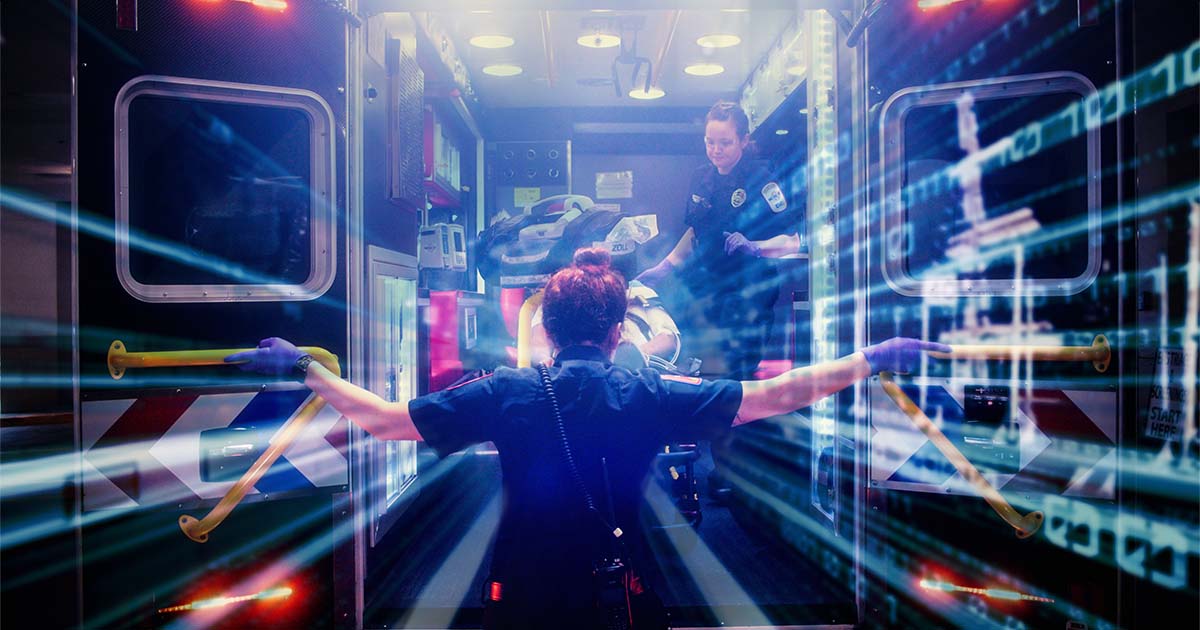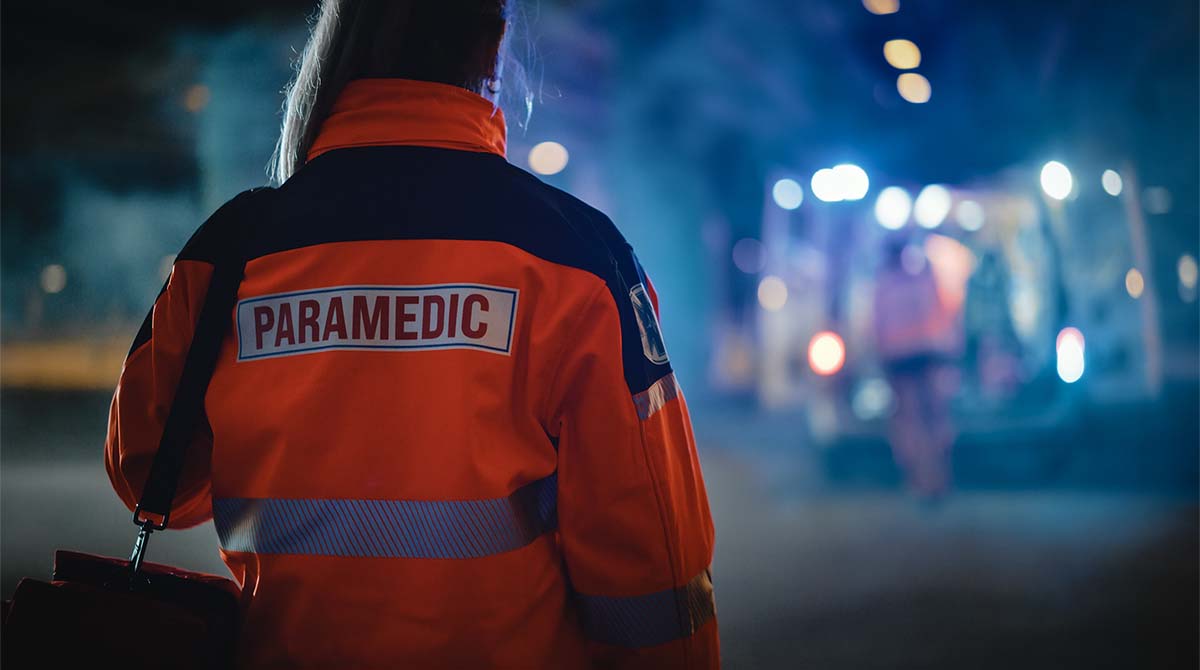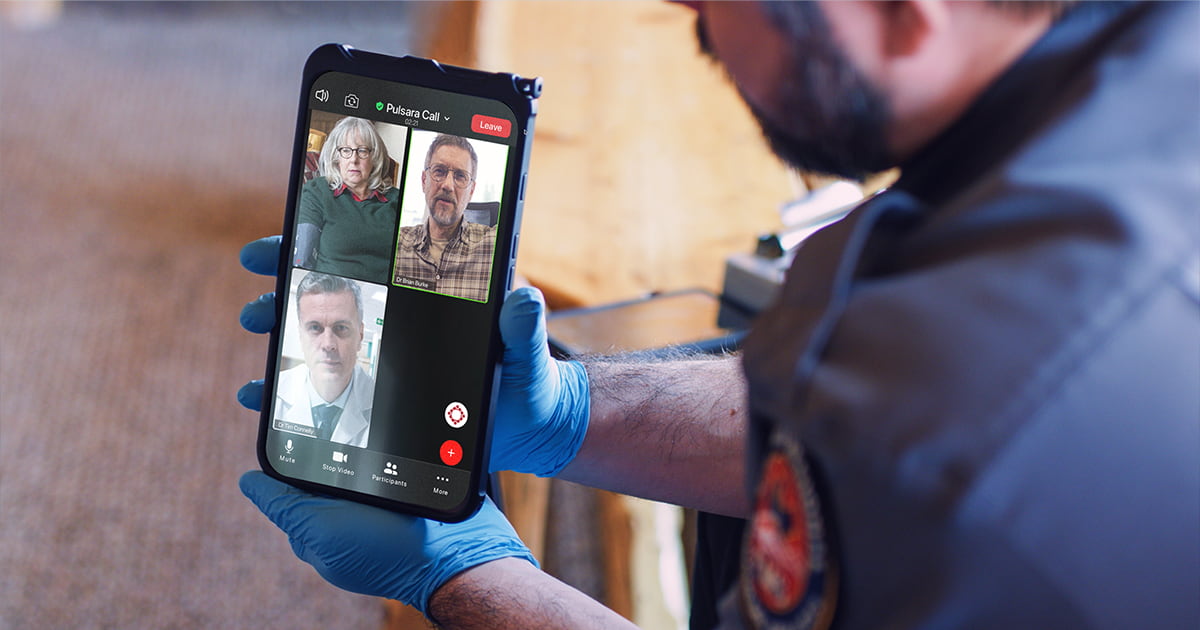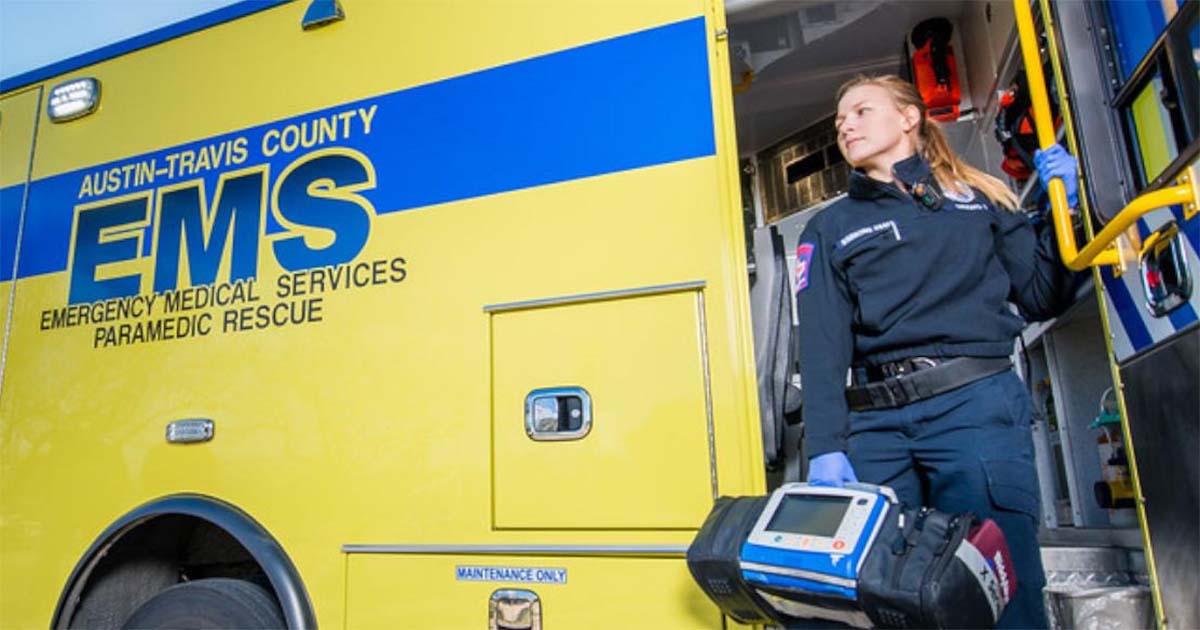3 min read
Upcoming Webinar: Turning Telehealth Into a Force Multiplier
How Fire and EMS Leaders are Turning Telehealth into a Force Multiplier for Improved Response & Patient Care What if you could turn your fire and EMS crews into force multipliers, empowering them to...
